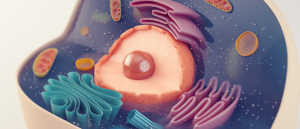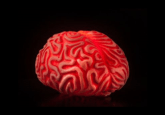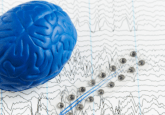Could Huntington’s disease begin before birth?

A recent study reveals that Huntington’s disease could begin developing in utero, highlighting the need for new molecular treatments.
Huntington’s disease is a rare genetic disorder and causes a range of psychiatric, cognitive, and motor symptoms. The disorder is caused by a mutation in the fourth chromosome of the genome, which leads to a mutation in the Huntingtin protein. Sandrine Humbert from the Grenoble Institute of Neurosciences (France) presented research on the effects of the defective Huntingtin protein at the 2022 Federation of European Neuroscience Societies Forum (9–13th July 2022; Paris, France).
Huntington’s disease is a degenerative disorder that causes symptoms such as anxiety, depression, memory lapses, and involuntary movements of the body, and tends to manifest itself in adulthood. Currently, there is no cure available.
 Causal gene in hereditary spastic paraplegia identified
Causal gene in hereditary spastic paraplegia identified
A disease-causing gene in hereditary spastic paraplegia bolsters the theory of altered lipid processing as a shared cause in motor neuron diseases.
Although the Huntington’s disease mutation has been pinpointed, the protein’s normal role is not understood but is thought to play a vital role in nerve cells. More knowledge is needed about exactly what the effects of the defective protein may be and how early these malfunctions start. To answer these questions, a team of researchers collaborating across different research institutions in France carried out a two-part study in humans and mice.
In mice, they discovered that the defective protein hindered the formation of brain cells, which develop via neural progenitor cell division. In addition, the mutated protein affected how the brain cells migrated to the correct location and matured within the central nervous system.
Through studying tissues from human fetuses with the Huntington’s disease mutation, the researchers discovered that at as early as 13 weeks of gestation, there were abnormalities in tissues. In particular, clear abnormalities were observed in the developing outer layer of the brain (the cortex), which plays a vital role in higher-level processes, such as decision-making, emotions, and language ability.
Importantly, these results indicate that the effects of the defective Huntingtin protein can begin early in life, confirming that neurodegenerative disorders can have a neurodevelopmental component. This highlights the need for new molecular treatments that are administered at an early age to tackle these effects in patients.





